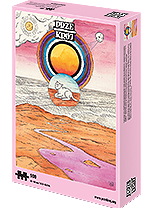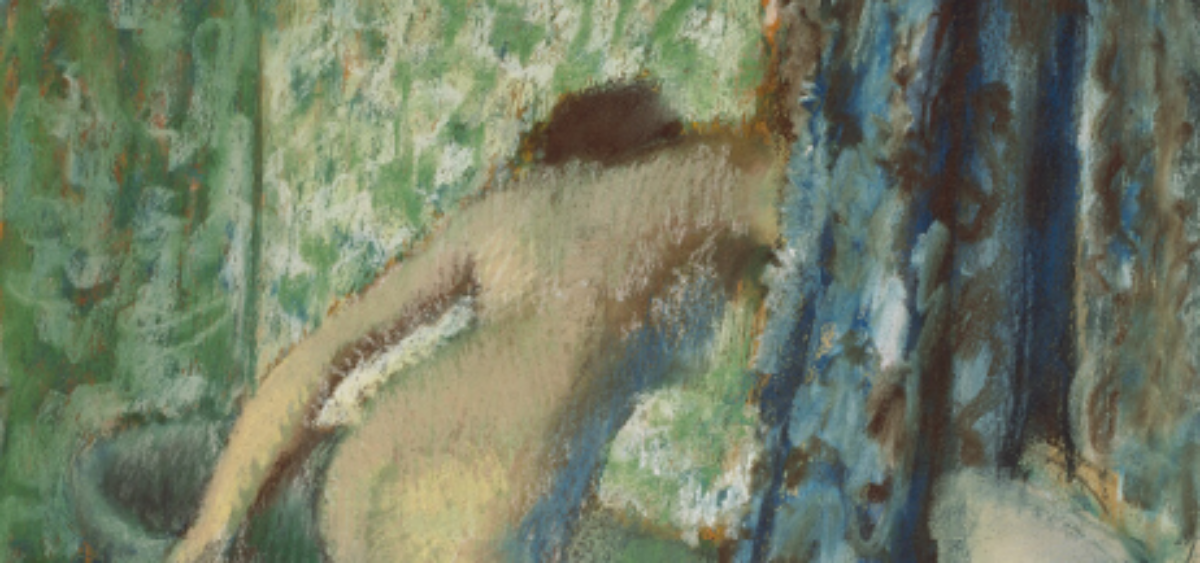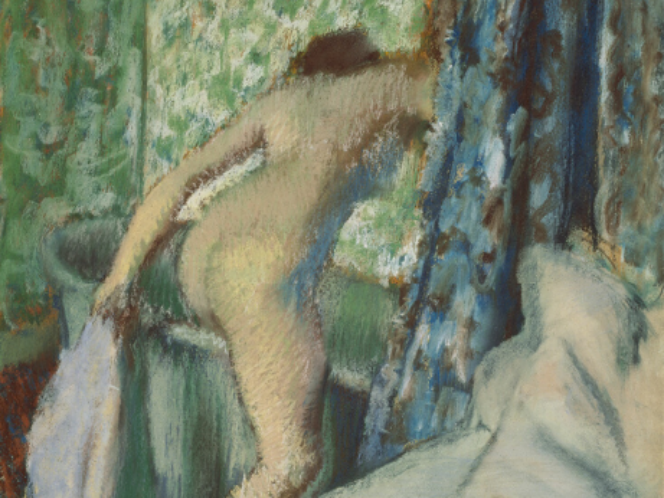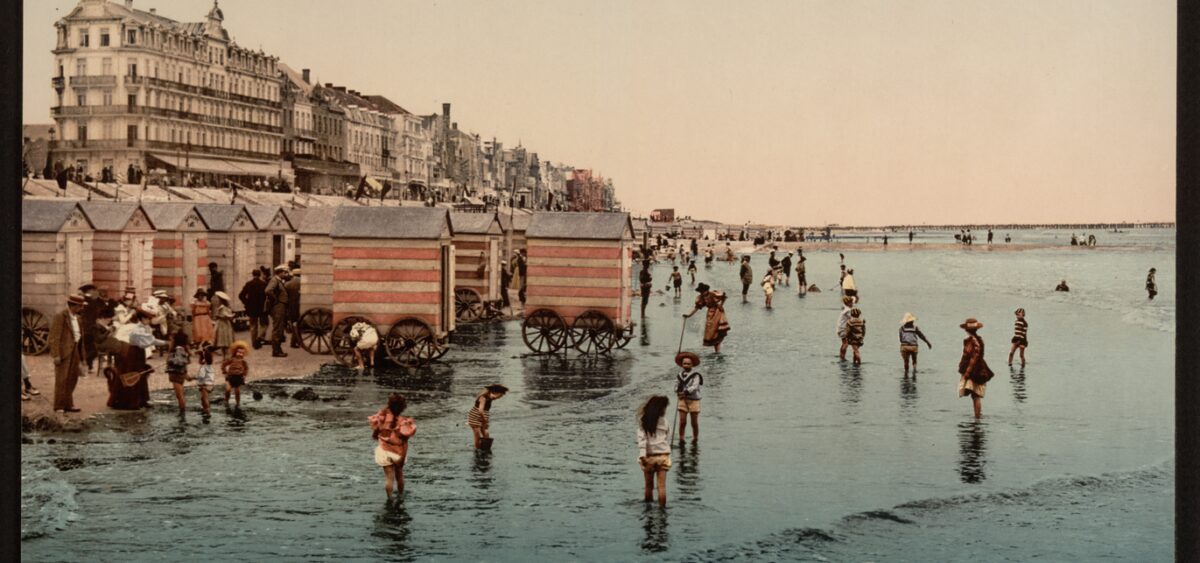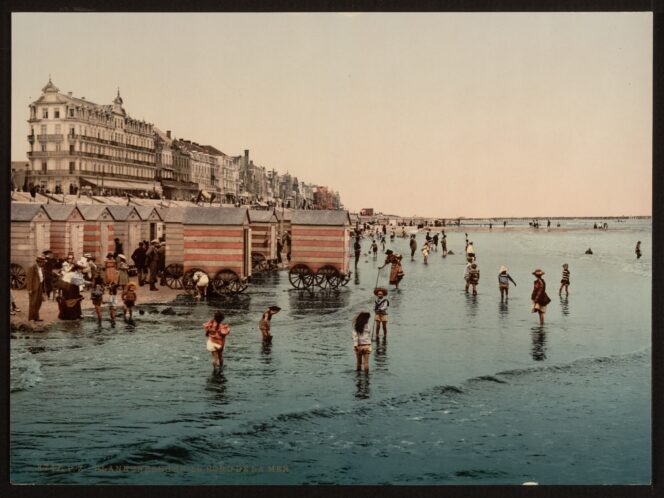
They are present in seawater, seaweed, magnesium sulfate; they restore, preserve and make potent.
Solutions
Saline. Sometimes, the solution is that simple.
So they tell me to cry it out. Salts. In a panic, he seeks reference points. He suggests going to the river. By this he means swim in it, a tidal river. Salts. I think maybe I’ll just go to work, work a long day, work until I stumble home on sore toes and a bladder full to bursting. Sweat. Salts.
Maybe, I think, maybe, it is all much simpler than it appears.
I plan the cake I will make for her next birthday. The recipe calls for one teaspoon of salt. I cross it off. Instead, I write two.
Saline. Sometimes, the solution is that simple.
Bath
I have started taking baths again. I light candles and open the window a crack. I don’t have time for this, but I make time for this. I box out time so I can fall into time. I assume I took baths as a child, though I don’t remember them much. I assume these baths were not too hot, and quick to cool as I splished and splashed, supervised, ecstatic. Since then, I have seen baths in paintings and texts. Sometimes, like in New York City, I have lived in homes where the baths block doorways and smell of rot. Once, I saw the baths at Pompeii. This struck me. I have read about hydrotherapies for the sick and dying, like at Hot Springs in Arkansas, or at towns up and down the coasts; towns as retreats, capitalizing on fresh air, ecological purity, etc. Who is the freshest of them all? I even sat in a stone


